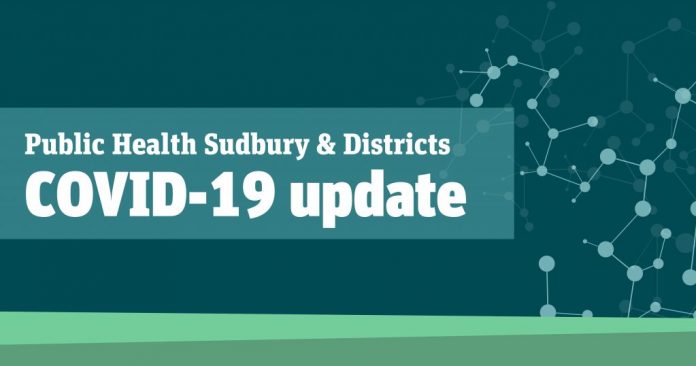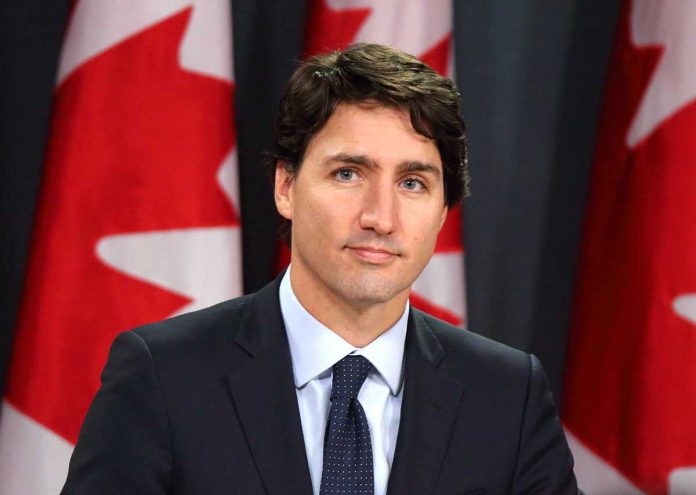Organization seeks volunteers, especially Indigenous, to answer texts
TORONTO – Kids Help Phone, the organization that provides Canadian youth with free, confidential support, has seen text volumes from youth increase by 350 percent during the COVID-19 pandemic and is seeking more people to volunteer their time to answer texts from young people, especially for volunteers who identify as Indigenous.
“We’re well positioned to remotely handle the increase in demand because our texting team is already remote. We do still need more crisis responders to help meet the demand,” Deanna Dunham, manager of Indigenous initiatives at Kids Help Phone, told The Expositor.
“We’re still here helping kids 24/7 but we do need support through volunteers and donations,” she added.
Kids Help Phone is a free, 24/7 service for anyone who identifies as youth. Its phone lines allow youth to speak with counsellors directly and its text line is managed by an extensive contingent of volunteers who receive 36 hours of training and are supervised by mental health professionals. It also offers links to resources on its website.
This organization is a registered charity and is also seeking donations to help support its activities.
Between March 15 and March 17 of this year, message traffic to the texting service increased by more than 80 percent to 652 conversations per day, up from 361 two days prior. It’s the most texts the organization has seen in well over a year.
“Our numbers are picking up dramatically. A lot of youth are discussing feelings of isolation,” said Ms. Dunham. “We’re also seeing an increase in conversations about abuse because of the large number of people contained in homes. … As kids are away from school and friends and are isolated with their families, we expect that to continue.”
COVID-19 has been a major topic of discussion for young texters. In Newfoundland and Labrador, 40 percent of text conversations as of late have been discussions about the virus. Common words used by texters include “scared,” “alone,” “school,” “cancel” and “closed.” There have also been recent concerns about food security and Ms. Dunham said when the virus begins to appear in reserves the need for Indigenous support workers will likely increase sharply.
“It’s tough for teens in particular who are wanting to connect with friends but they also understand the seriousness of the situation. It has a lot to do with uncertainty and isolation. Kids are worried about their parents, their jobs, or if they work in the health care sector they’re worried about their parents getting exposed,” said Ms. Dunham.
Kids Help Phone is seeking volunteers of Indigenous descent especially but also welcoming volunteers of all backgrounds to help out as crisis text line responders. Anyone wishing to take part must be above the age of majority (18 in Ontario), have a vulnerable sector police check and take part in extensive training. They must also have access to a reliable and secure internet connection, which means not using any public access points.
Due to many police services closing their offices and reducing police check processing capacity, Kids Help Phone is aiding this process.
“We’ve been working with police services to help facilitate the process. If anyone has difficulty getting the vulnerable sector check, let us know and we’ll see how we can help. We’ve adjusted the crisis responder application process a bit so there’s still the same training, but before, you needed that check before you started the training. Now you can do the training without it but can’t start supporting young people on our platform until you get the vulnerable sector check,” said Ms. Dunham.
“Finding Hope is our plan for First Nation, Inuit and Métis youth and it’s our commitment to enrich our organization with greater Indigenous representation. It’s more important than ever as the number of Indigenous youth grow; we get a thousand texts per month from Indigenous youth,” said Ms. Dunham.
Simply completing the training program can offer a host of benefits for prospective volunteers, and is an excellent way to develop skills and occupy time as many businesses and schools have shut their doors. It also provides a constructive diversion from the constant updates about the virus.
“The training is intended to bring someone from a hot moment to a cool calm through active listening and collaborative problem solving,” said Ms. Dunham of the online training. “We recognize that these are skills that would be very beneficial in Indigenous communities and it’s a wonderful opportunity.”
Previous Kids Help Phone initiatives that have involved Indigenous youth for photography tasks have shown a strong connection within Indigenous youth to helping their peers. Young adults are especially sought-after to volunteer.
“A lot of our younger volunteers are post-secondary students,” said Ms. Dunham. “While they’re home from school, they can use this time to develop skills and help their peers. It helps give purpose to young people who might be looking for some way to contribute during this difficult time.”
For those without the fast, secure internet connection or who wish to help the cause in other ways, Kids Help Phone is planning to launch its Indigenous engagement program later this year, with details available on its website. It seeks volunteers to aid those efforts.
This program will include people who have close connections to Indigenous communities who help to build awareness of Kids Help Phone in their home communities as well as inform the organization about what programs are available for young people where they live.
Kids Help Phone hosts the largest database of youth-oriented mental health services in Canada. Its list of 20,000 services includes more than 3,000 Indigenous-specific re-sources and this project aims to double that number.
“It’s important we know all the resources so we can make accurate referrals. Those volunteers will gather that information and also provide ongoing input on all our Indigenous initiatives, which is an important role. Our goal is to have a champion or ambassador in every Indigenous community for this program across Canada,” said Ms. Dunham.
In this stressful time during the COVID-19 pandemic, Kids Help Phone welcomes young people to reach out to make sure their mental health is well cared for.
“Kids Help Phone support is non-judgmental and no issue is too small,” said Ms. Dunham. “Feel free to reach out and know that you always have someone to talk to. You’re never alone.”
“You may not think you need help, but if you want to talk about anything, give us a call. Often, conversations end up going a little deeper thank the kids may have thought they would. It’s important to reinforce that young people can call about anything that’s bothering them,” said Ms. Dunham.
This past Sunday, Prime Minister Justin Trudeau announced an injection of $7.5 million into Kids Help Phone to help pay for more counsellors and to train volunteers.
Kids Help Phone is available 24 hours a day, seven days per week. To speak with a counsellor directly, call toll free to 1-800-668-6868. To access the text messaging crisis support service, send a text message to 686868. Mental health resources and information are also available on its website, KidsHelpPhone.ca





